Intro
Hi, my name is Mick Feltham from Obelisk Productions, PKA plobtr0n. And I’m very excited to be working with Audient on a Tutorial Hub series.
I have been making and releasing records since 1996 and I’m returning to the role of independent writer / producer after a successful career in Music Education and Management. I want to share with you my own views on how to make your home studio or space more creative and productive.
For me being an independent writer / producer is about being true to your own musical aesthetic by finding your own sound, developing your own studio and production practice and using the ever evolving and growing online audience platforms to get your unique sound out there.
Alongside that, access to professional spec audio equipment is now far more affordable and there are plenty of fantastic, free online resources covering every aspect of writing and production which is giving far more writer / producers the opportunity to make release quality material and participate at every level of the music industry.
Personally I think that the industry is open and accessible in a way that it has never been before and as equality and inclusiveness are crucial issues right now, the industry needs more creative and inventive people pushing boundaries and expanding artistic possibilities regardless of whether they have label backing or not.
That’s why I see this tutorial series as a “why to” rather than a “how to” because I’m not going to tell you what to do but explain why I have decided to do things in a certain way and then you can decide whether or not to use it, adapt it or discard it.
One thing I will say though is that your ability to make stuff is inextricably linked to how well your studio enables you to get to the sounds you want quickly because hitting a brick wall everytime you want to find a sound or effect will soon drain your energy. The following video is about how I found my sound and tackled that in my studio.
Tutorial 1: Planning and Creating a Connected Studio
Planning and Creating a Connected Studio
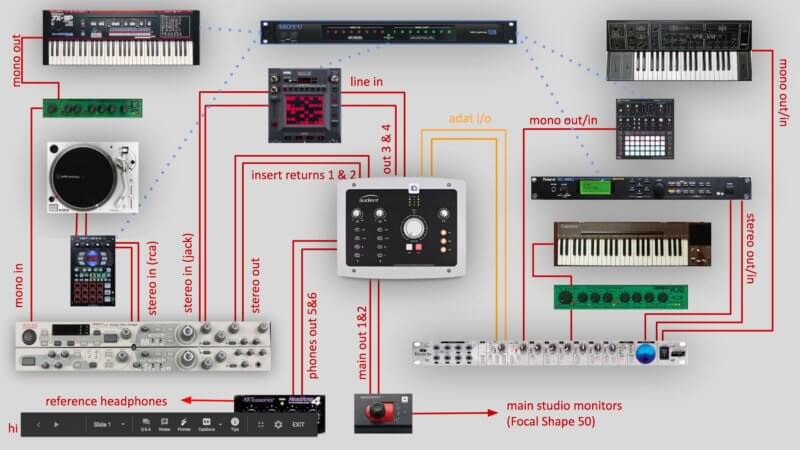
For me the journey to finding my own sound began with what I was hearing in my head. Being an inveterate crate digger, sampler and downtempo beatmaker, I have been totally inspired by the music coming out of the Low End Theory / LA Beat Scene since the mid noughties, it just resonated with the esoteric, layered and head nodding music I listen to and want to make plus it had very strong ties to the music I was writing and producing back in the day.
About eight months into my new life of writing tracks every day along with constantly developing and re-evaluating my studio environment, equipment and workflow, (“five beats a day for five summers” – you know what I’m talking about) I finally found my grind and actually that was a combination of gear and techniques old and new combined together into a 21st Century workflow. Now I am always hungry to get back in the studio and make another track!
Having access to my physical studio with all the iconic synths, keys and effects I have gathered together within the virtual studio of Ableton Live was the key factor in developing an inspiring space and workflow. Every aspect of the creative process has become more spontaneous and enjoyable. All my favourite pieces of physical gear are set up either as an External Instrument or a Channel Strip and they are all tagged in the Ableton Browser for instant access (as this video shows).
Tutorial 2: Setting Up a Physical / Virtual DAW Environment
Setting Up a Physical / Virtual DAW Environment
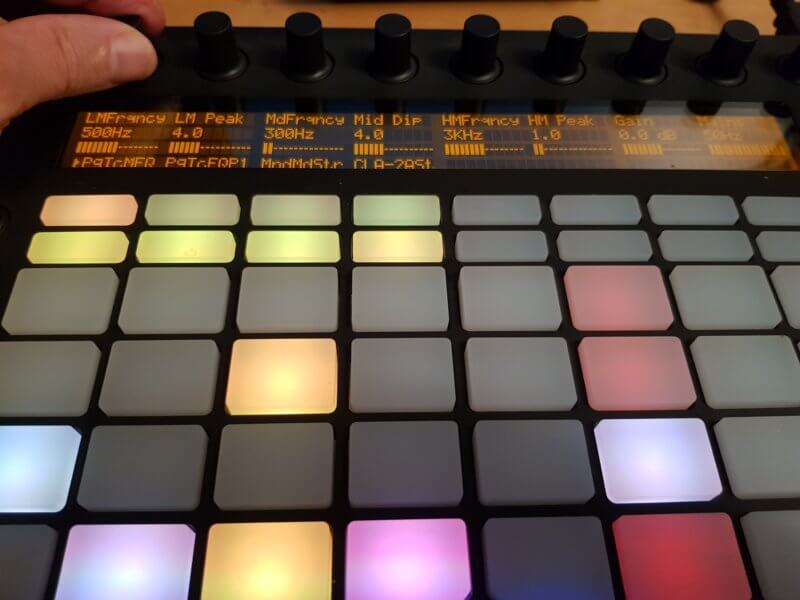
Twenty five years since my first releases and I’m still stretching myself to make the perfect beat, I’m really not interested in other people’s opinions or approval, I’m not even that interested in fans and followers right now because as soon as I start second guessing what people want to hear, I’m moving away from my core. It’s important to remember that the best writer / producers have a deep understanding of the processes of their own influences but then take it in their own direction.
Listen to your own creative heart and listen to the producers and writers that make you want to do it 24/7 – you are more likely to get noticed for that in the current climate than simply cloning what is trending. So what I’m interested in is making a great track that I can listen to months later and still go: “Yeah, I still really like that.” To me that’s success.
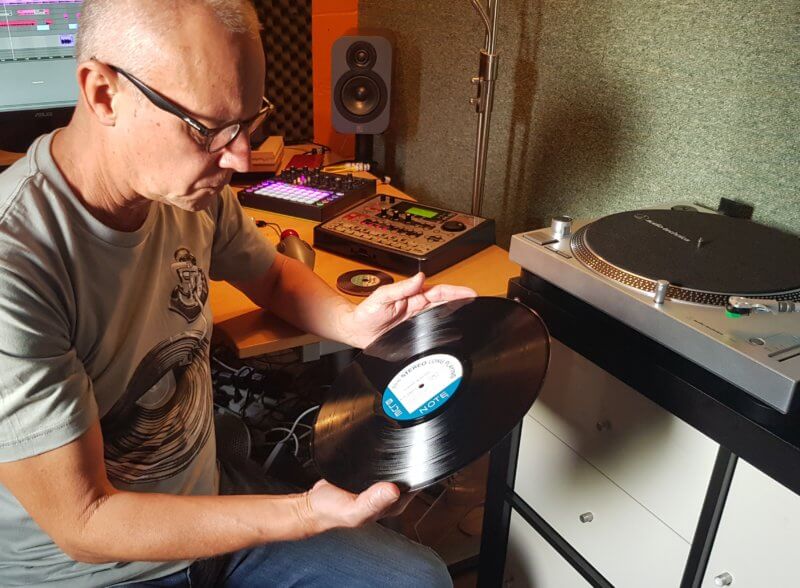
But there’s no doubt in my mind that workflow, creativity and output are all inextricably linked and if that is combined with a level of audio quality you know you can trust then that will make the process that much more enjoyable and your studio time more profitable. Well designed and specified units like the iD22 and the rest of the iD range gives us independents a real opportunity to realise our own musical potential and compete in the marketplace on our own terms with our own music.
Our Products
-
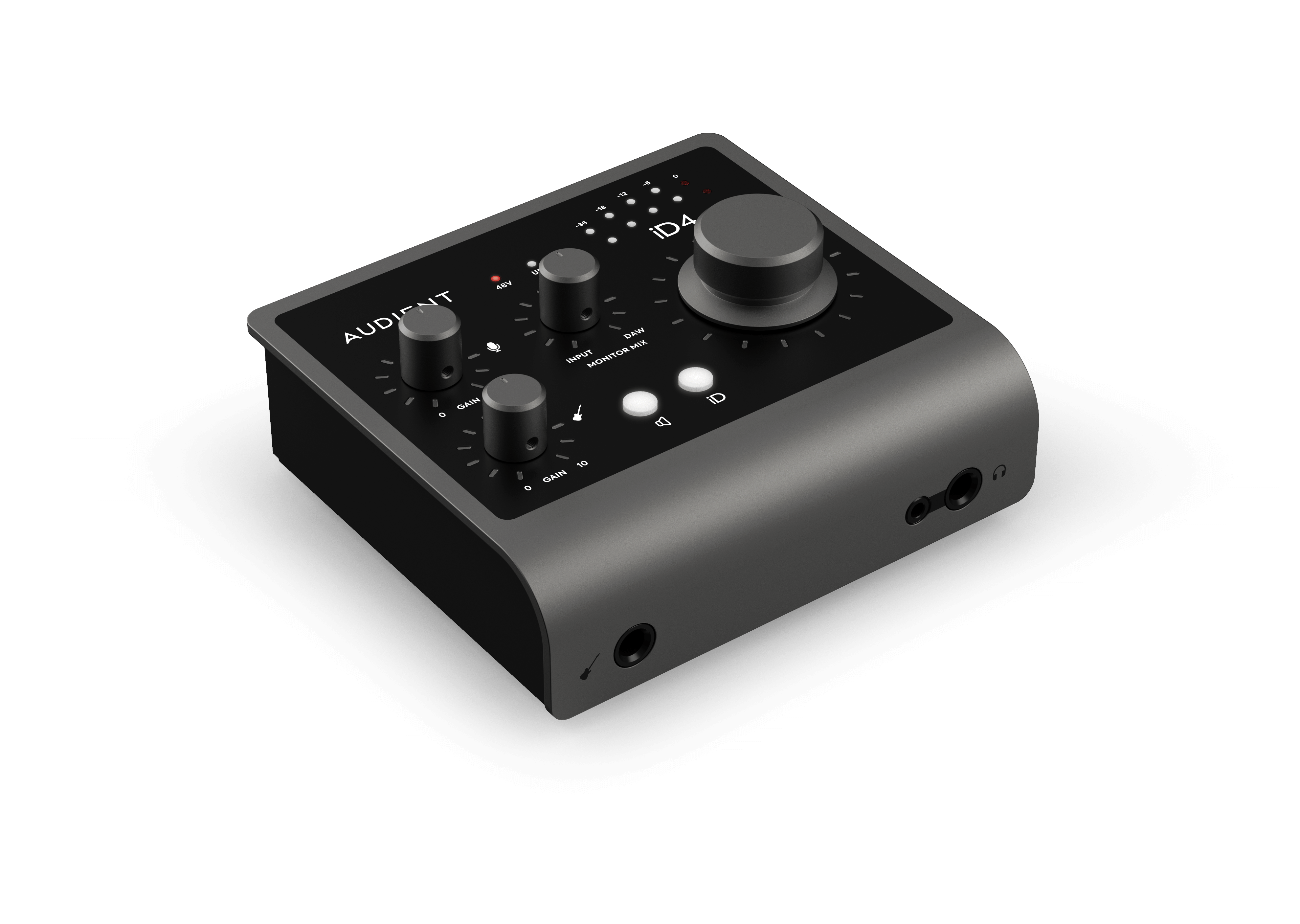
2in | 2out Audio Interface
-
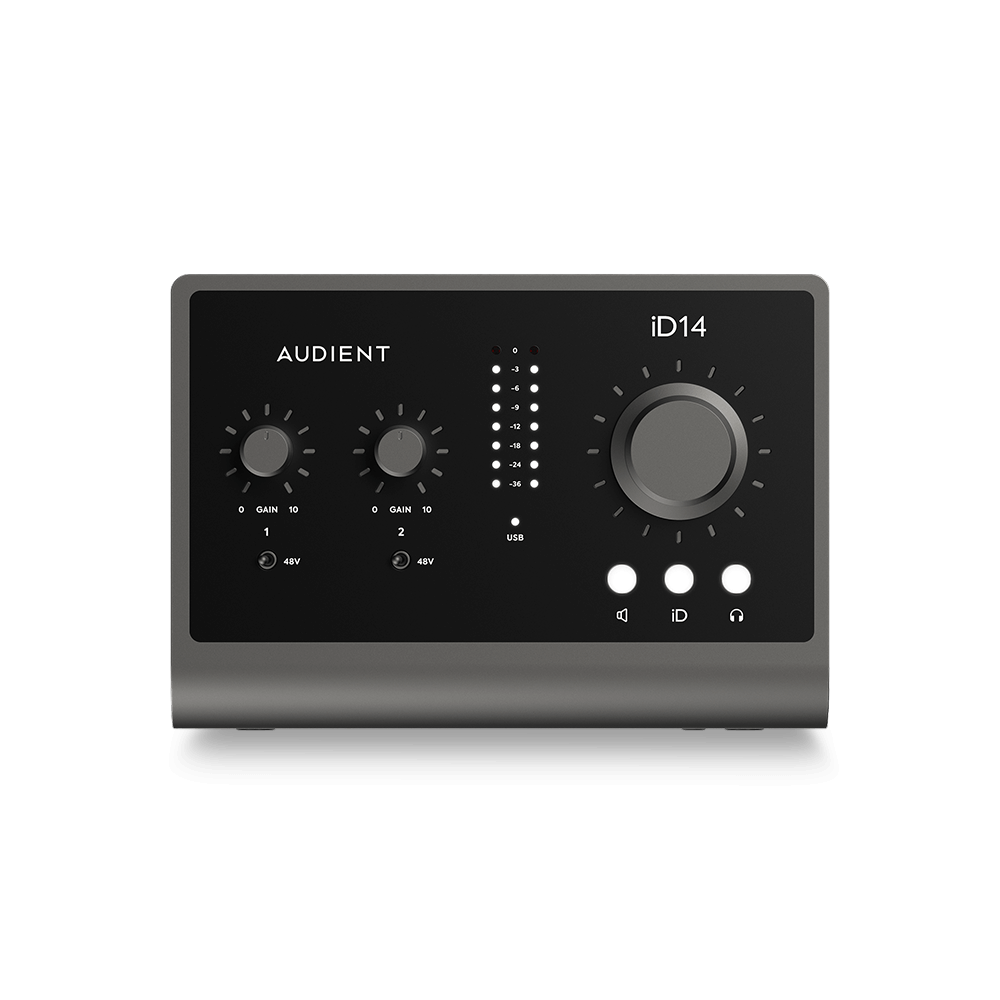
10in | 6out Audio Interface
-
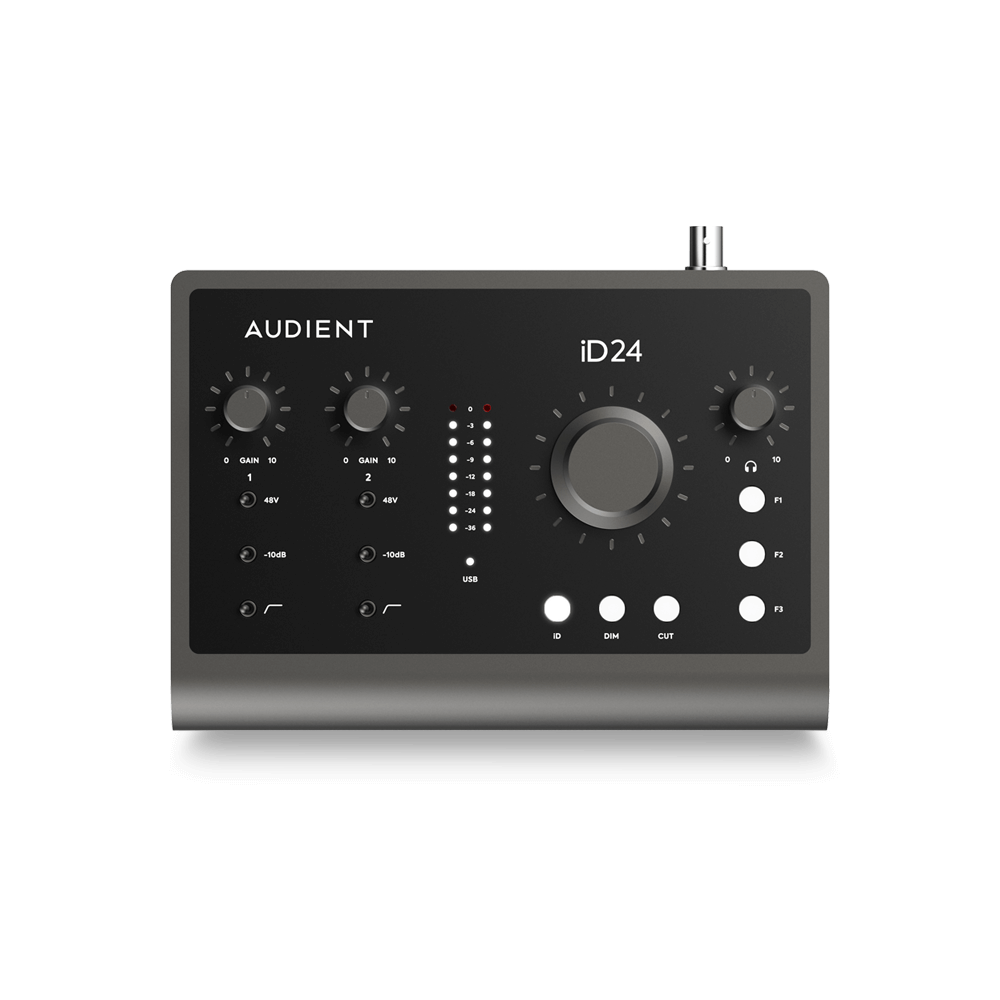
10in | 14out Audio Interface
-
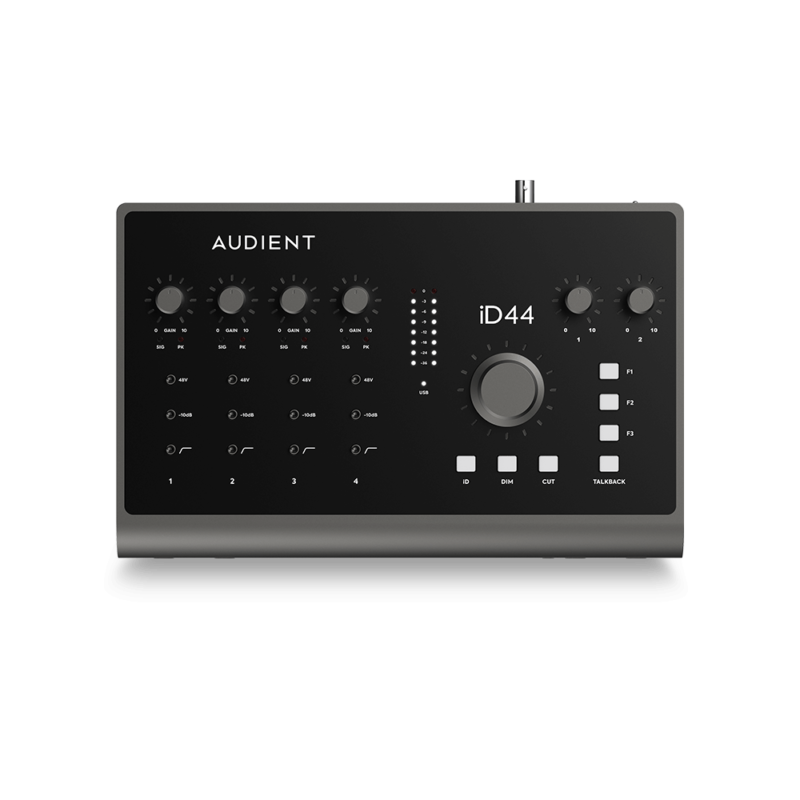
20in | 24out Audio Interface
-
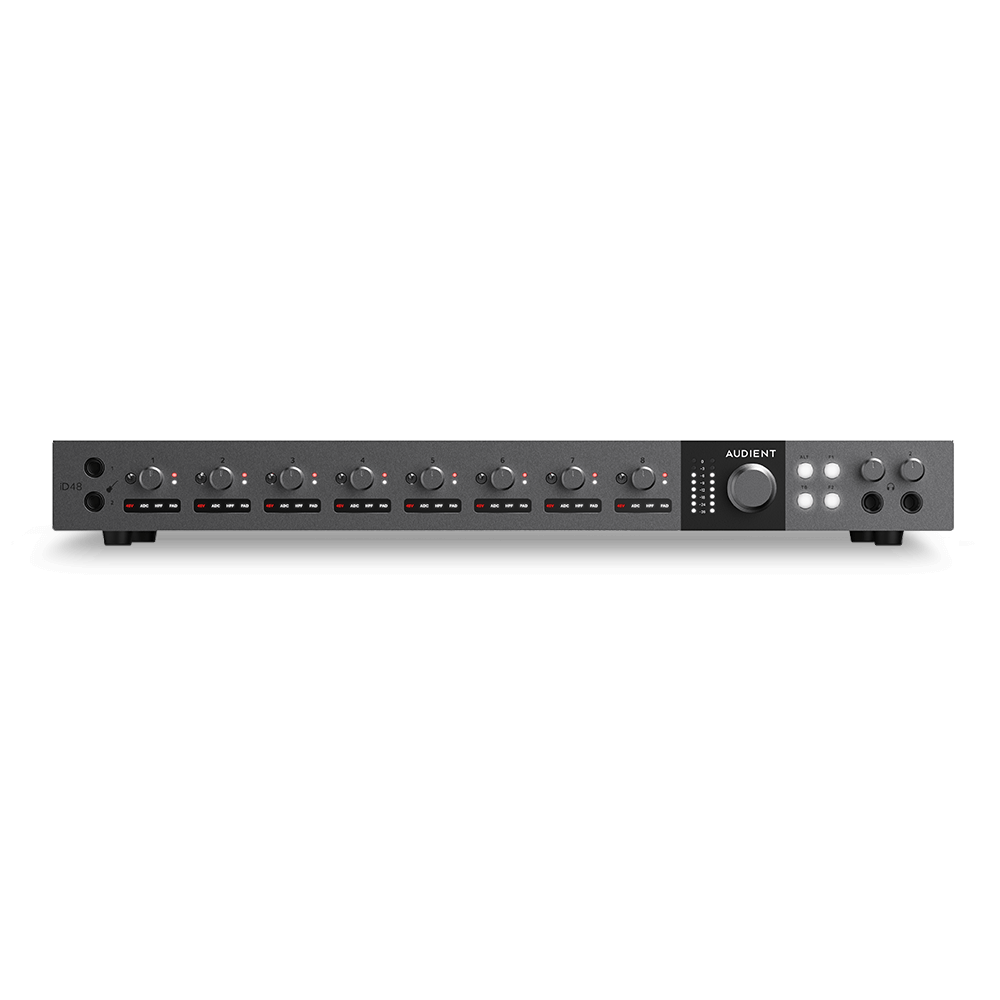
24in | 32out Audio Interface
-
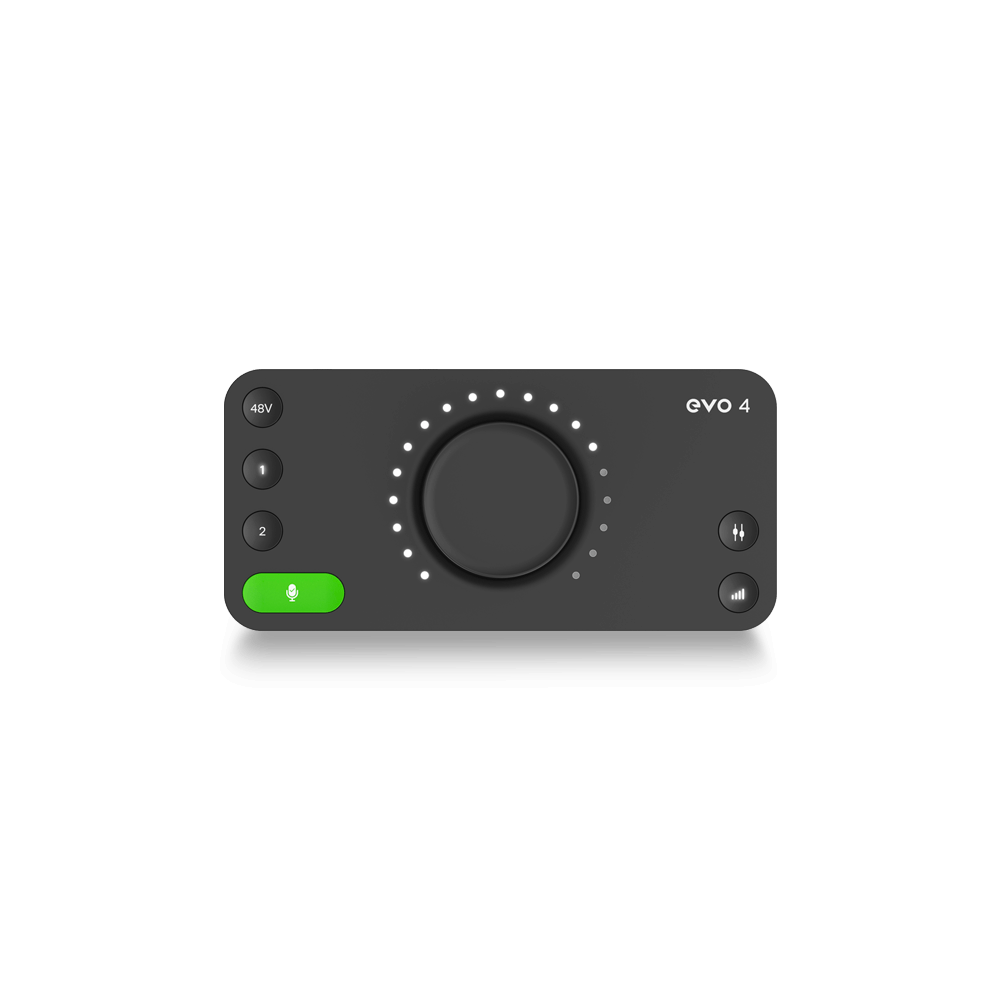
2in | 2out Audio Interface
-
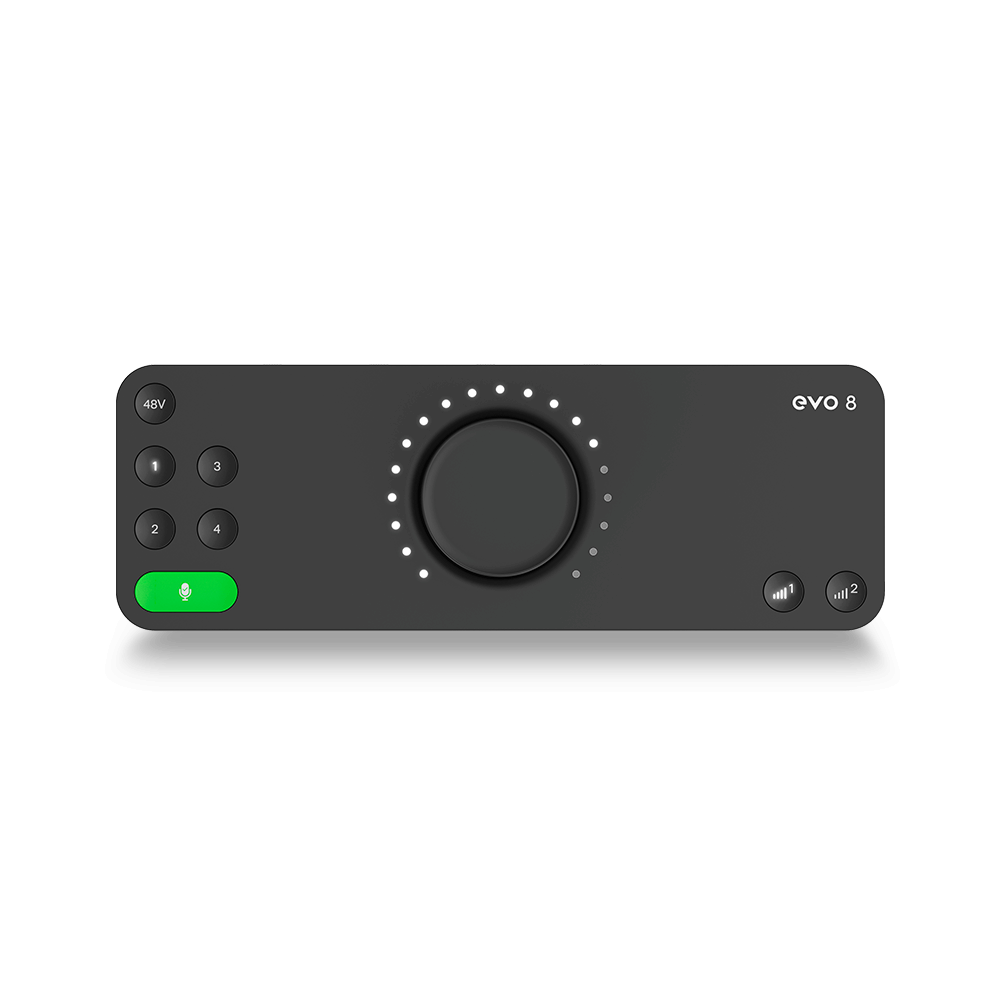
4in | 4out Audio Interface
-

24in | 24out Audio Interface
-
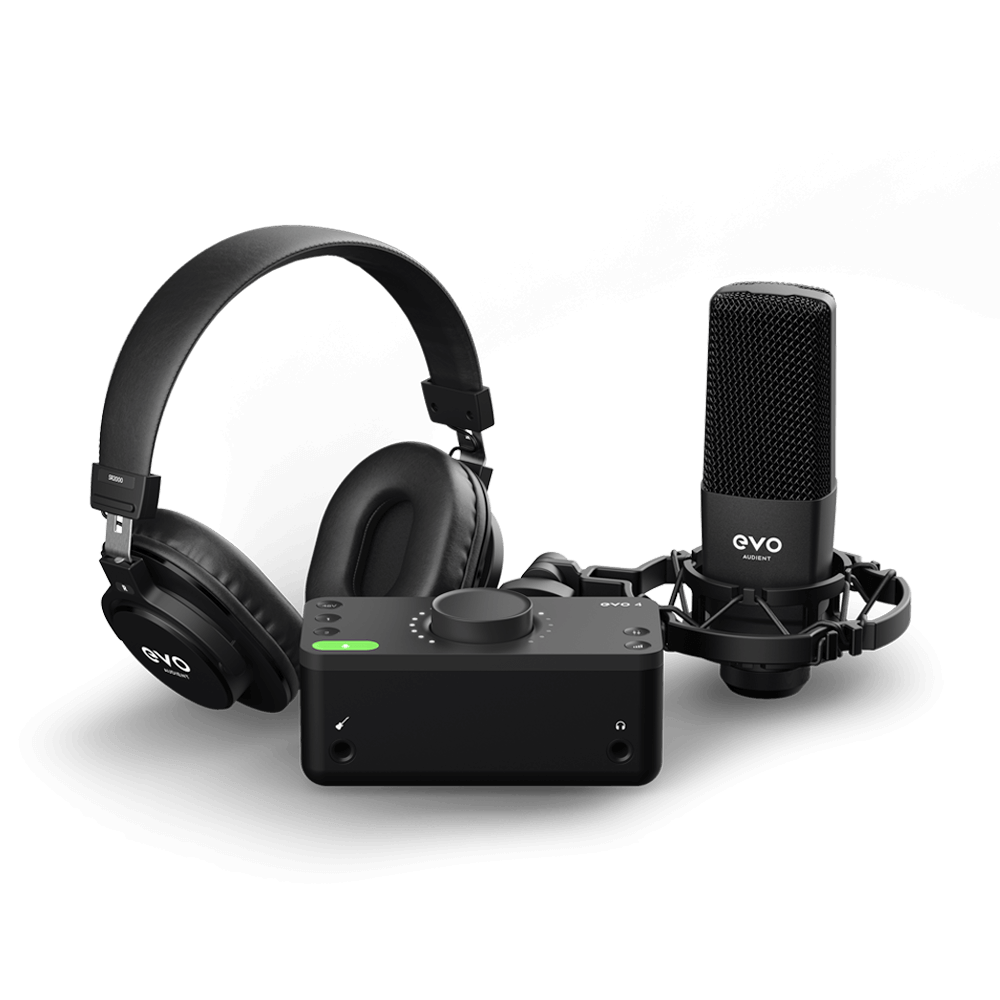
Everything you need to start recording
-
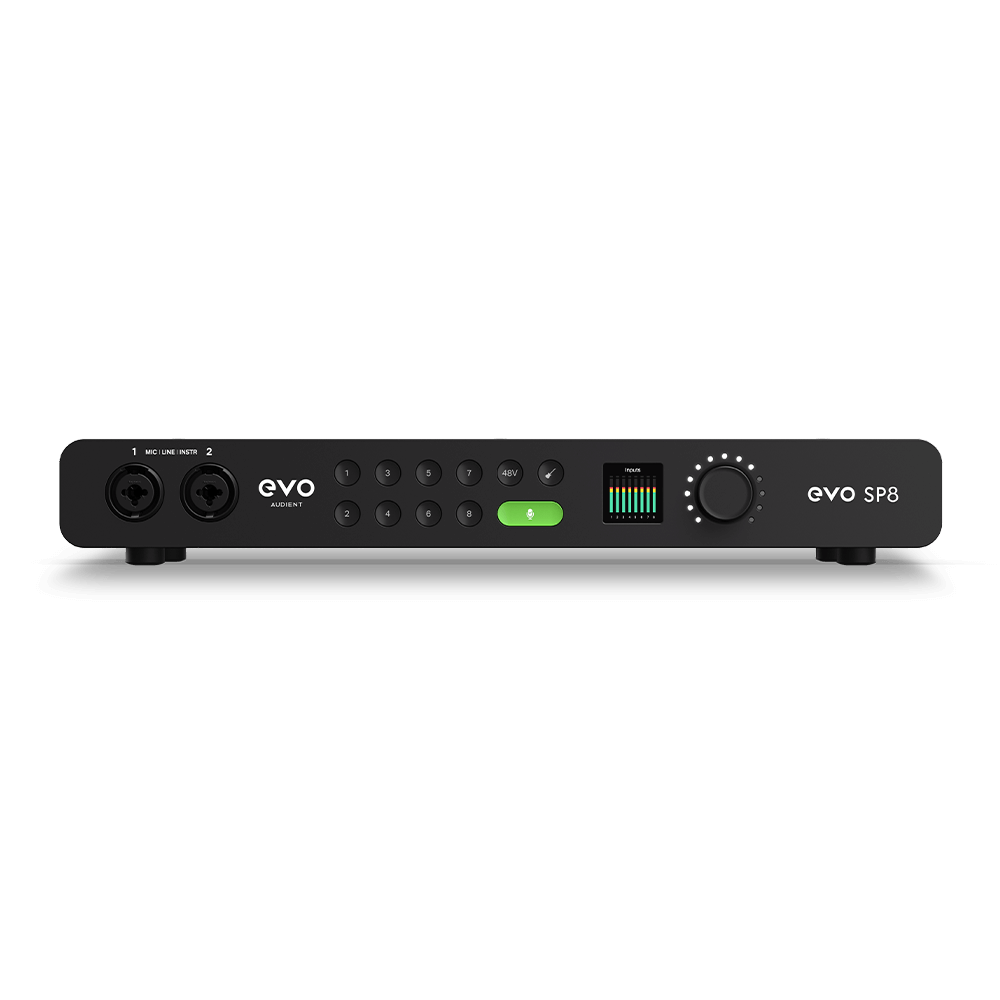
8 Channel Smart Preamp with AD/DA
-
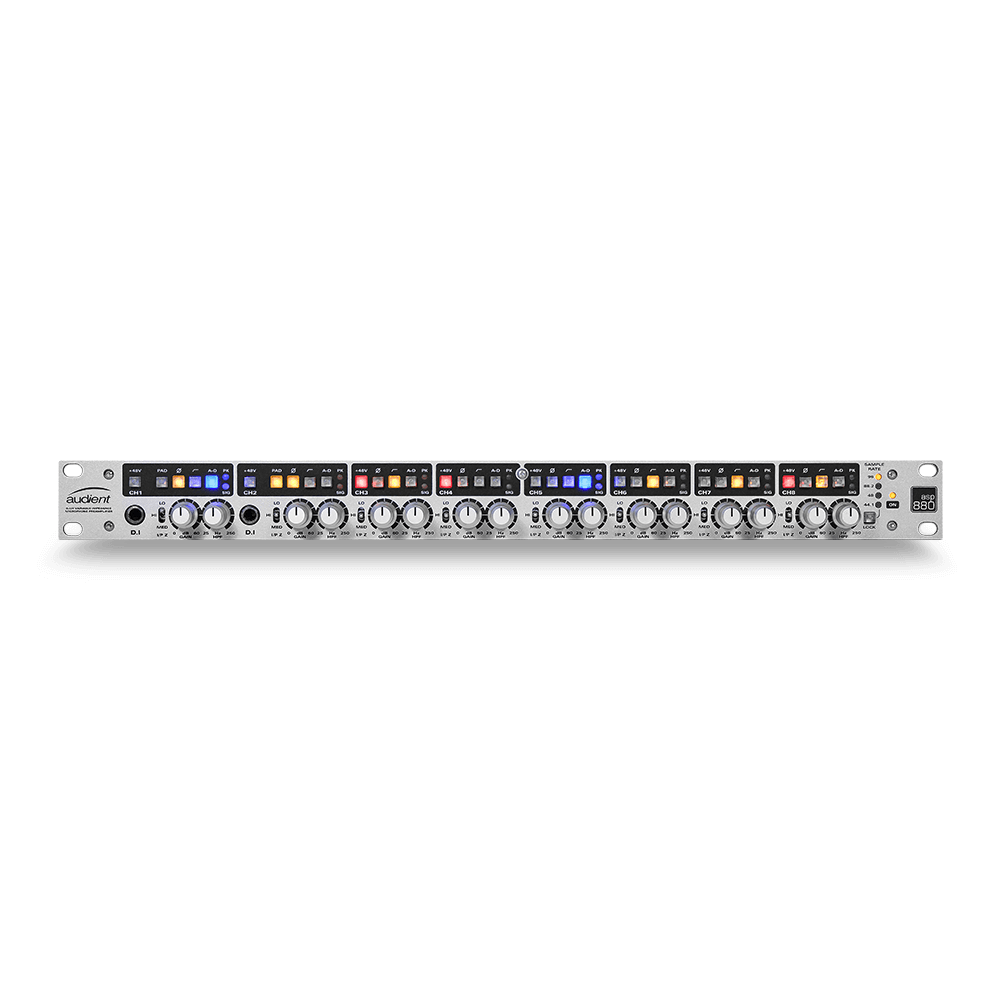
8 Channel Mic Pre & ADC
-
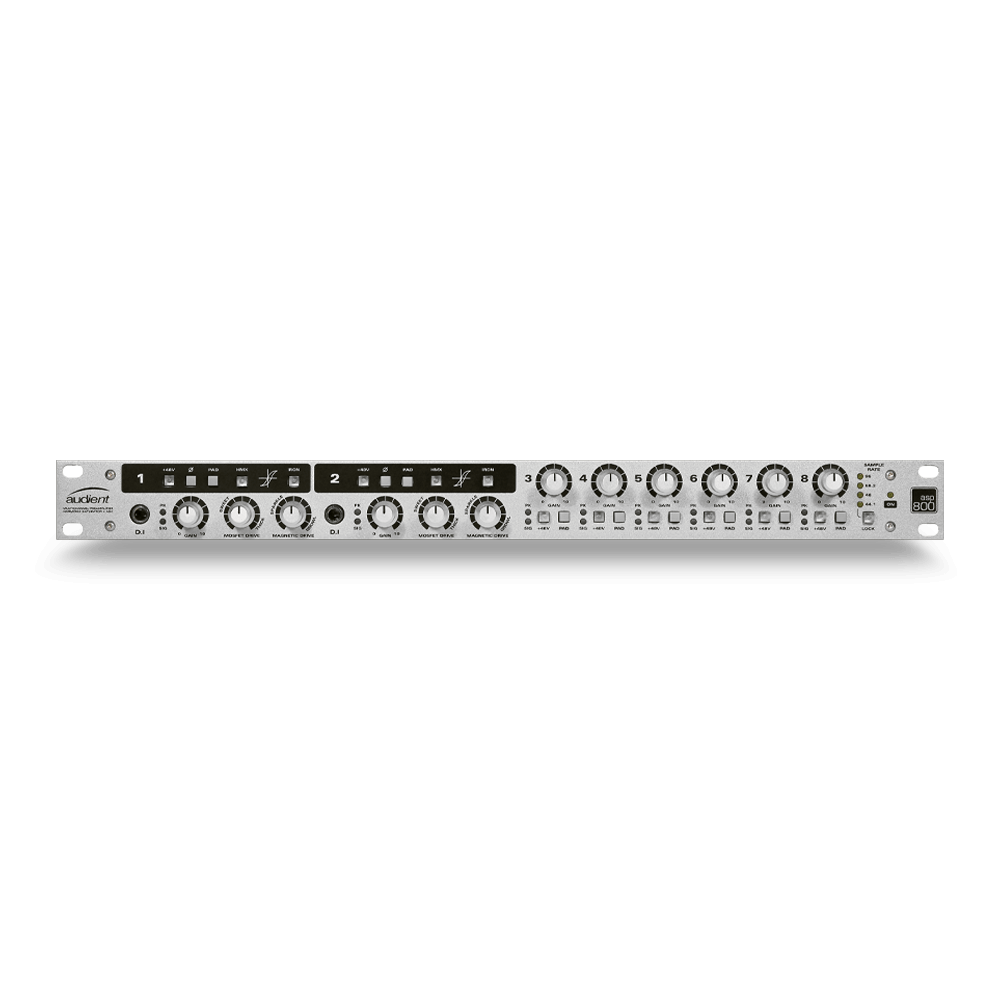
8 Channel Mic Pre + Tone Control
-
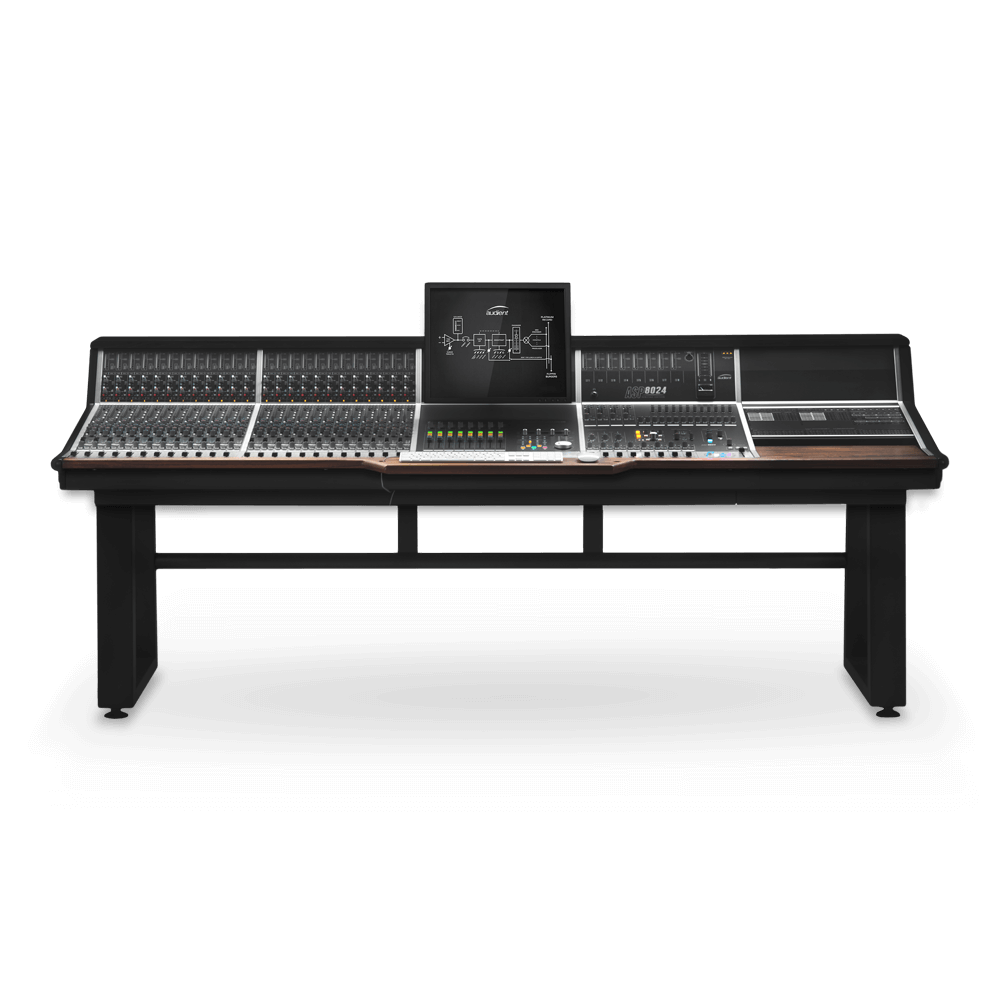
Modular Analogue Recording Console
-
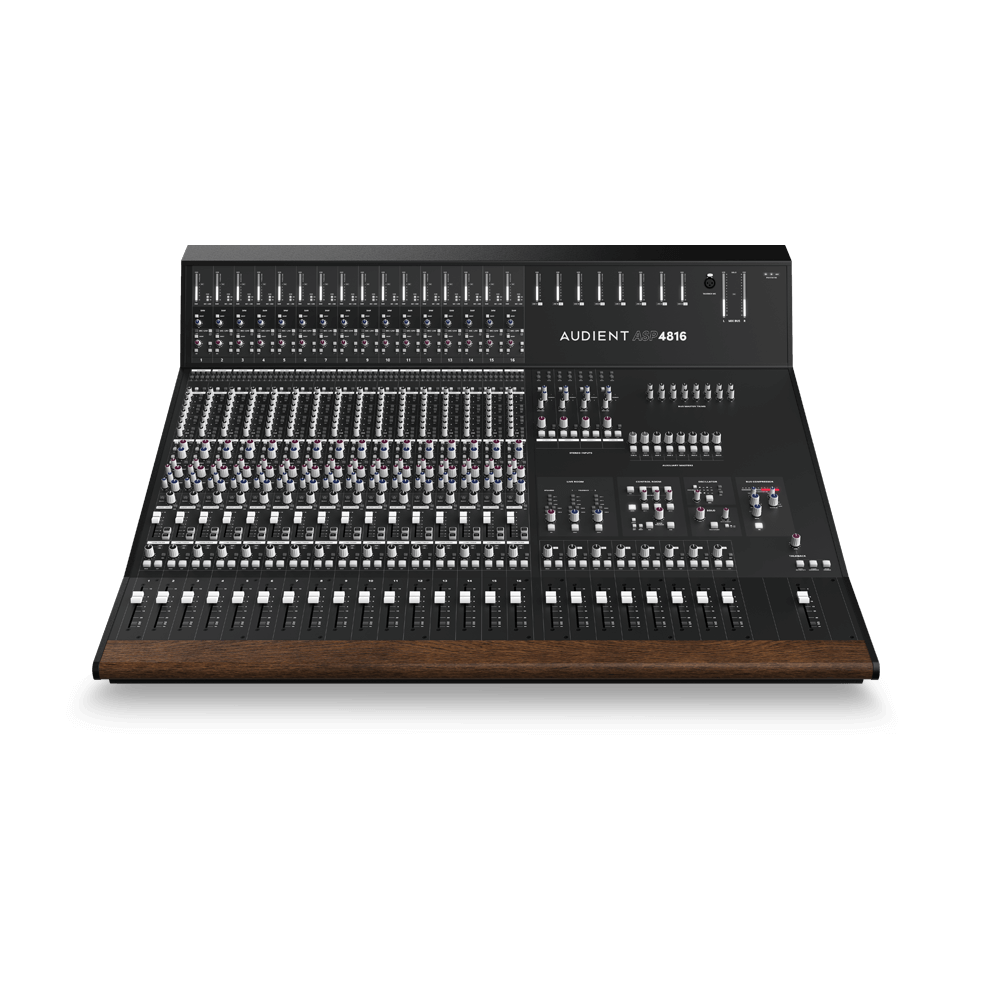
Small Format Analogue Recording Console
-
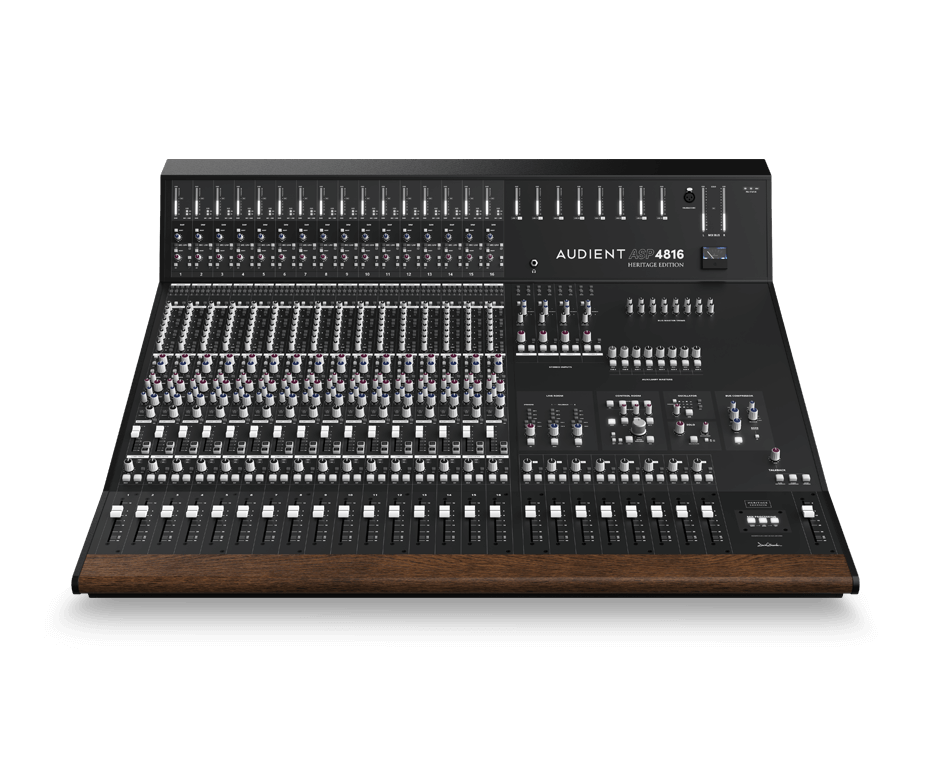
Small Format Analogue Recording Console
-
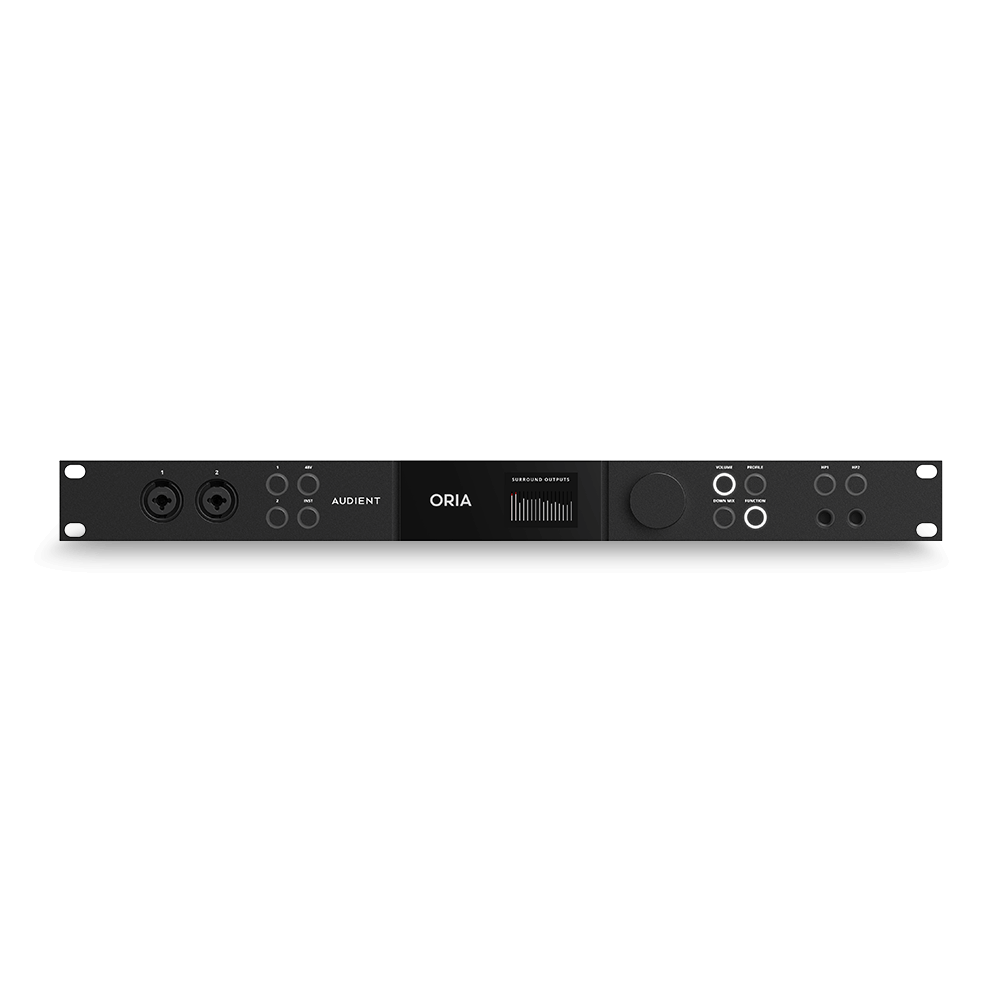
Immersive Audio Interface and Monitor Controller
-
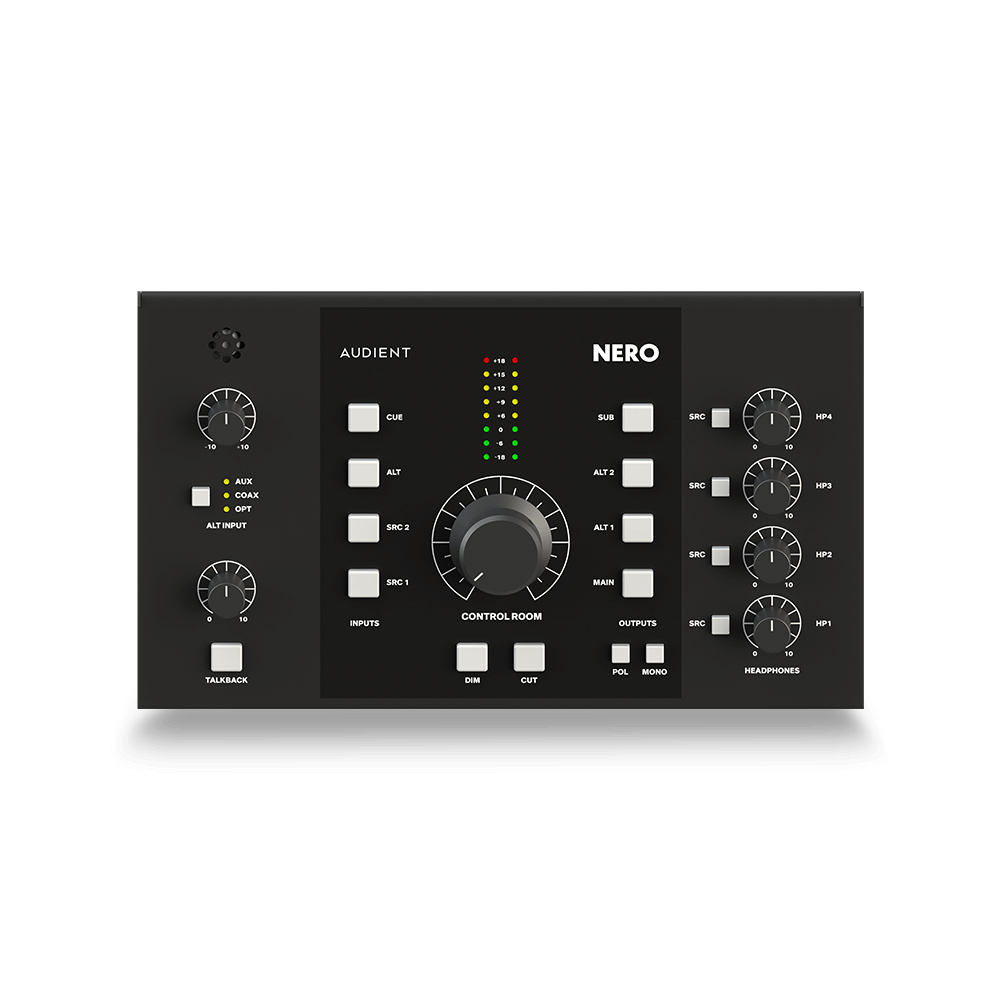
Desktop Monitor Controller


